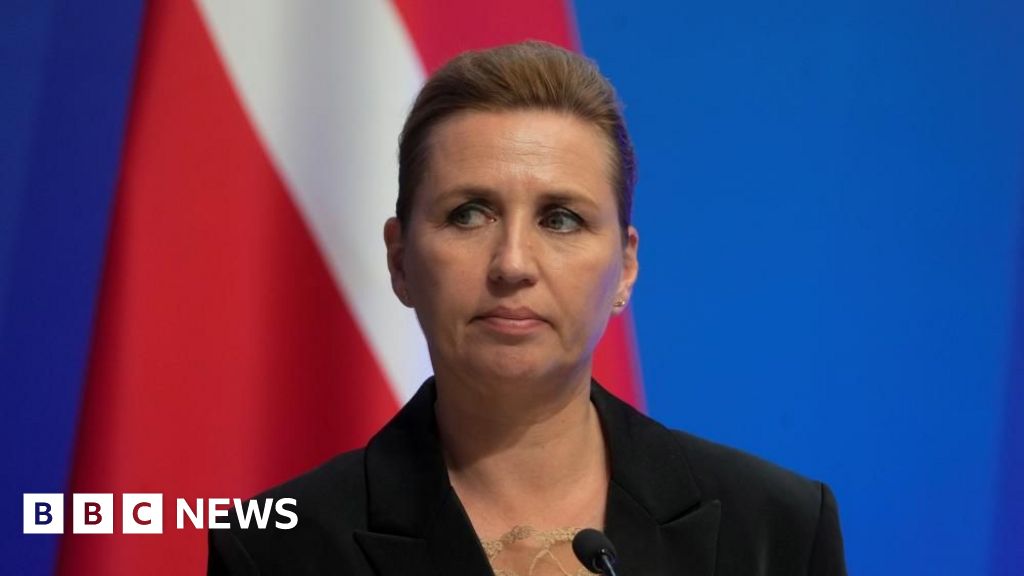At DePaul University, Chicago, students are using innovative methods to provide contraceptives, including condoms and emergency contraception, in response to the restrictive policies imposed by the Catholic institution.
Maya Roman, a student leading these efforts through a group called 'the womb service,' describes a simple process involving texts and discreet pickups to ensure that her peers have access to essential reproductive health supplies.
DePaul has historically barred any distribution of birth control on campus, reaffirming its stance in line with Catholic teachings against such practices. In response to the administration's crackdown on a Planned Parenthood-affiliated group, student activists are determined to fill the void left by the university's lack of resources.
This situation is not unique to DePaul. Across various Catholic universities, student organizations have sprung up to offer essential contraceptive access, managing to thrive despite administrative pushbacks. Their operations often rely on peer-to-peer support and off-campus resources to respect the institutions' policies while addressing students' needs.
As nationwide trends indicate increasing restrictions on contraceptive access, especially in several Republican-led states, Illinois has moved in the opposite direction. New legislation mandates that public institutions offer contraception and abortion medications on campus.
“It is vital that students know they can reclaim their reproductive rights,” Roman stressed, as her group adapts to continue its mission. Similarly, other groups at institutions like Loyola and Notre Dame are pushing forward, hoping their grassroots efforts incite change.
The narrative around reproductive health on college campuses demonstrates a clash of belief systems, initiatives driven by student activism, and the fundamental need for access to contraception and comprehensive sexual health resources.











